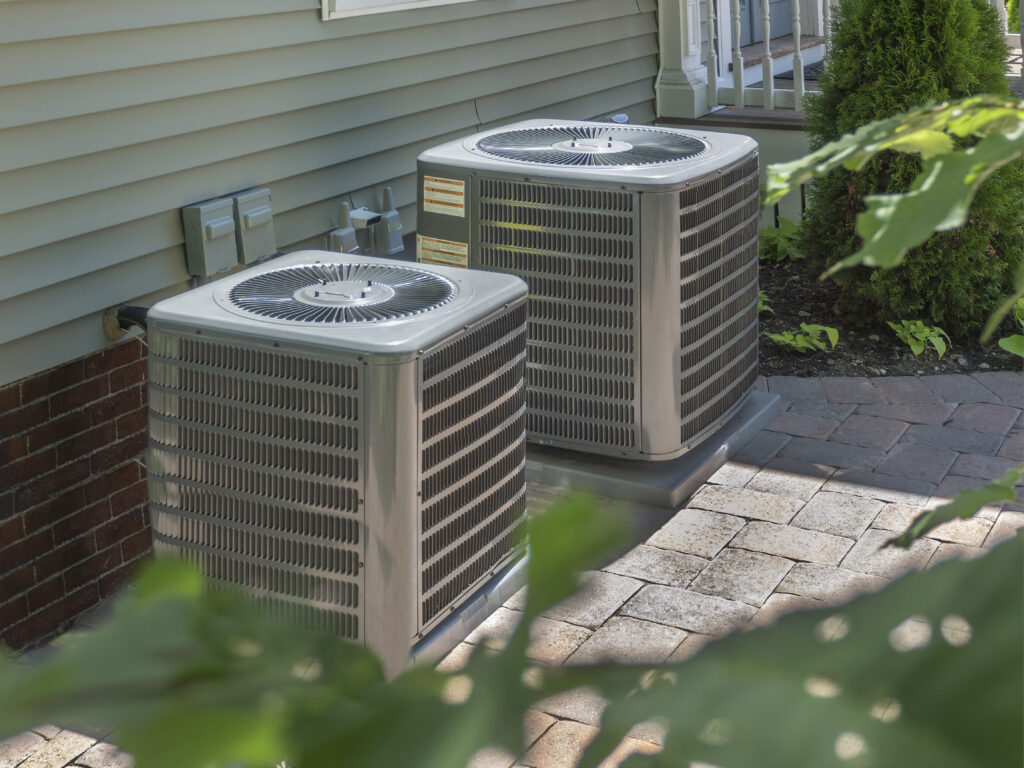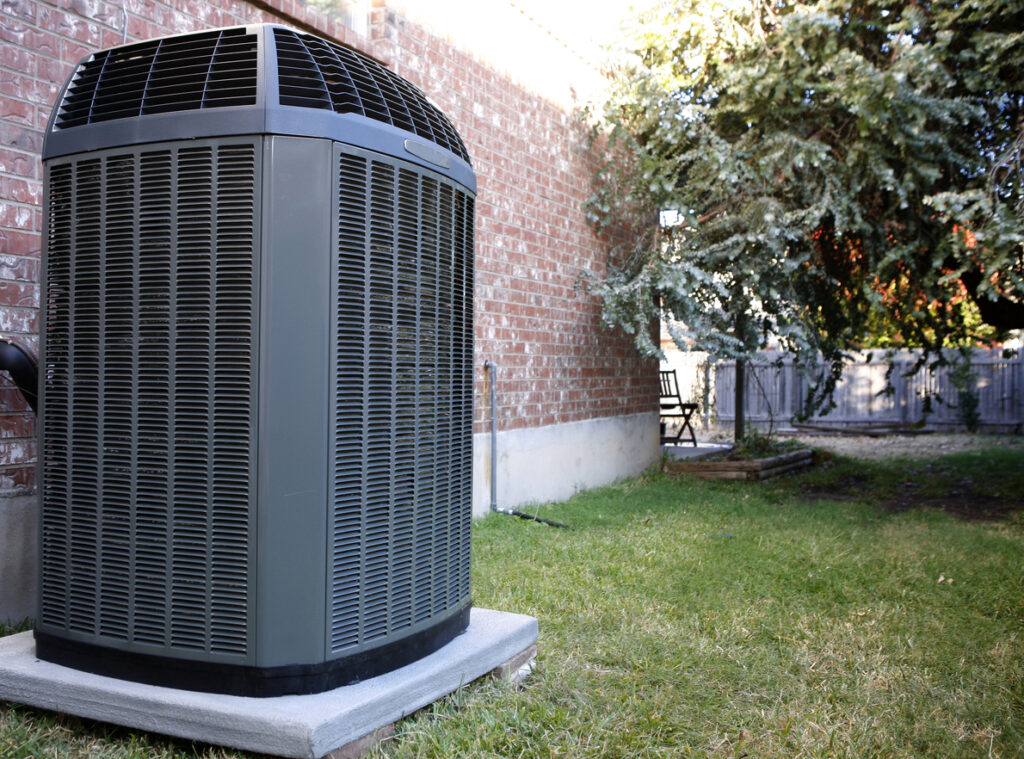If it’s time to replace your water heater, you might be wondering how you can save money on energy costs going forward. Whether you have a busy family that uses a lot of hot water, or you just want to lower your carbon footprint, you can save money and live a little greener by installing a high efficiency gas water heater. Here’s everything you need to know before you make your purchase.
Regular vs. High Efficiency: What’s the Difference?
If you’ve never given your water heater much thought, chances are you probably have a traditional storage-style water heater, in which water is heated in a tank and then held until it is needed. Since the temperature needs to be maintained until that time, and since a lot of hot water use will mean frequently getting the entire tank up to temperature, storage water heaters can be a huge source of energy loss in your home.

There are quite a few different upgrade options if you want to cut back on your energy costs and/or footprint. You’ve probably heard of tankless water heaters, which are much more energy efficient than traditional water heaters but can also be a much more expensive upgrade. If you’re looking for a more affordable way to cut your energy usage, you should consider upgrading your regular water heater to a high efficiency gas water heater.
How It Works
When it comes to traditional storage-style water heaters, gas is already a more efficient option than electric water heaters, as gas heats the water quickly and more efficiently. Gas is also currently an inexpensive choice of energy when compared to electricity. However your regular gas water heater can be even better if you upgrade to a high efficiency model.
A high efficiency gas water heater achieves at least 90 percent efficiency via better utilization of the principles of heat transfer. First of all, the heating element is designed to heat the water from the inside out instead of the bottom up, spreading the heat faster. The combustion chamber is also sealed to prevent heat from escaping, which requires exhaust gases to be vented from the water heater. Finally, the water heater is designed so that as those exhaust gases are vented, they exit the tank through a condenser, which uses the principles of heat transfer to utilize even the heat of the exhaust gases. In short, almost no heat is wasted in the entire process, from beginning to end.
What This Means for You
Even if you don’t understand the more technical aspects of how a high efficiency gas water heater works, what it all boils down to is that the energy used to heat the tank is used more efficiently, achieving the same amount (or more) of hot water at less of a cost to you. This might mean that you can save money on the hot water you use, or that you can use more without increased cost. It even means that you’ll get hot water faster, since the more efficient design means that your tank will heat up more quickly after all the hot water has been depleted.
How Much Will It Save?
A high efficiency gas water heater is the next step up from a traditional water heater, so its savings aren’t as pronounced, but the new system and installation are also significantly more affordable than, say, a tankless water heater. In general, a high efficiency gas water heater should save you around $500 over the life of the water heater, which is about ten years.
What Next?
If you are considering a high efficiency gas water heater, it’s important to get a professional assessment of your home. Any upgrade will likely need some extra work during the install, so be sure to get a quote so there are no surprises. To find out about the more energy efficient options available to you, contact Maeser today.




